|
A little more than 150,000 years ago, one of our ancient relatives walked the landscape that is today South Africa’s Cape south coast. One of their strides was captured for posterity in a rock known as an aeolianite, the cemented version of an ancient dune. Charles Helm and Andrew Carr share that this is now the oldest footprint thus far attributed to our species, Homo sapiens. They explain how they found the footprint and what its presence means.
Various countries have been involved in the peace talks between Sudan’s warring generals. However, despite several ceasefire agreements since the conflict began, violent attacks have persisted and negotiations that would end the fighting have faltered. Chris
Changwe Nshimbi and Nelson Alusala explain why an African Union-led process might be what’s needed to lead to a lasting peace deal.
In today’s newsletter we’re featuring our first “listen to our article” section. Several of our pieces have been narrated, and you can listen to them using the feature embedded in the article.
|

|
Natasha Joseph
Commissioning Editor
|
|
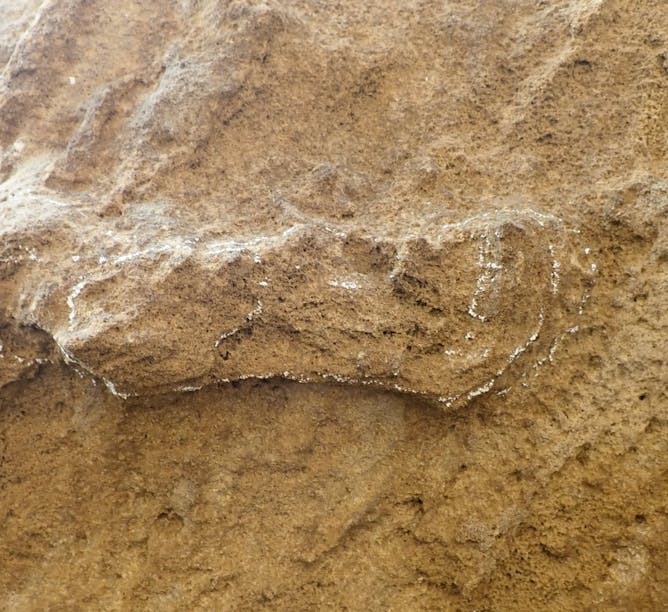
Charles Helm, Nelson Mandela University; Andrew Carr, University of Leicester
This was an area in which early anatomically modern humans survived, evolved and thrived, before spreading out of Africa to other continents.
|
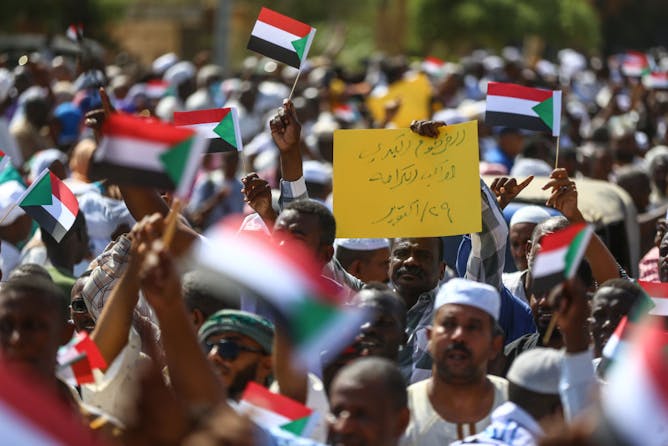
Chris Changwe Nshimbi, University of Pretoria; Nelson Alusala, University of Pretoria
An African-led process would take into account complex regional dynamics – which would lead to a better and more stable peace agreement.
|
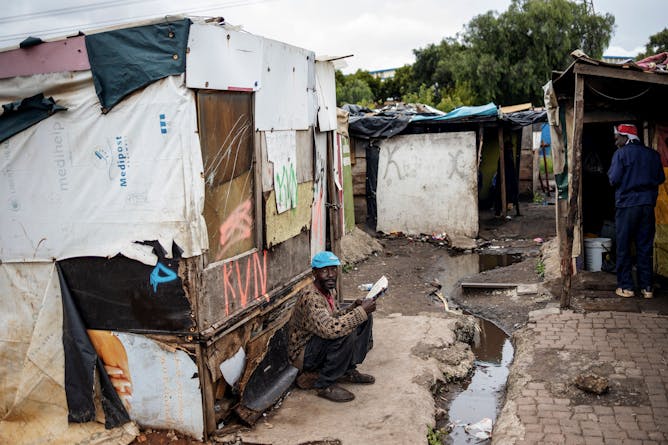
Anja du Plessis, University of South Africa
The current cholera outbreak is not necessarily an issue with potable water. It’s the result of a combination of factors including dysfunctional and non-compliant wastewater treatment works.
|
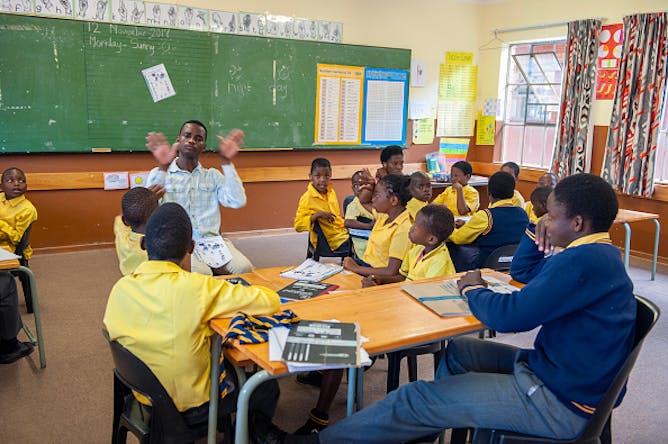
Theo du Plessis, University of the Free State
Making South African Sign Language official is more symbolic than useful in the lives of a very marginalised community.
|
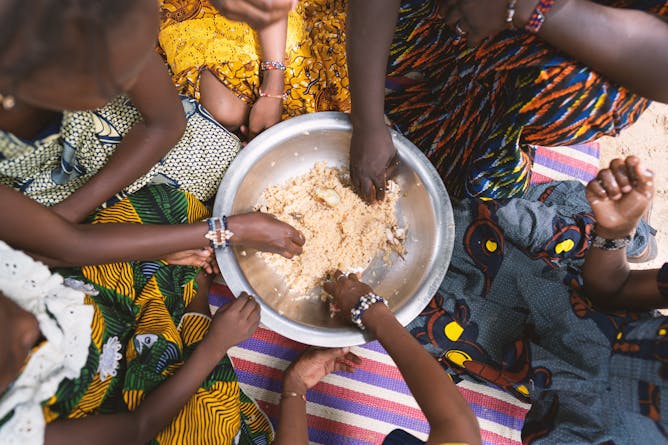
Daniella Watson, King's College London
Using simple behavioural science models can help programmes to understand people’s lives and how to design nutrition interventions that directly benefit them.
|
Listen to our article
|

Ghada Bassioni, Ain Shams University
While cooking food in aluminium pots isn’t a bad thing, doing so in foil is problematic. Over-exposure to aluminium may pose serious threats to human health.
|
TC Afrique
|
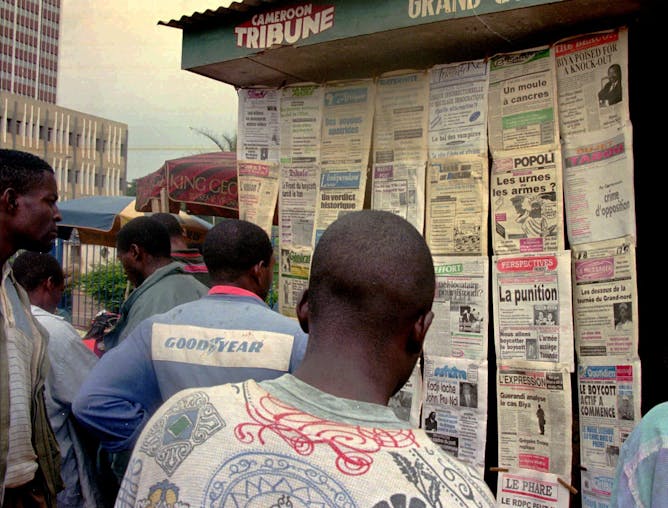
Simon Ngono, Université de la Réunion
Le pluralisme quantitatif constitue une réalité indéniable, au regard des médias qui existent à foison. Cependant, l’expression plurielle et pluraliste demeure un défi quotidien.
|
From our international editions
|
-
Jennifer Greenburg, University of Sheffield
Women who served in unofficial combat and intelligence roles during the Afghanistan war offer brutally honest accounts of their experiences.
-
Joshua Krook, University of Southampton
Brain scans have been used to interpret thoughts, but how far can this technology go?
-
Katie Gibbs, Swansea University; Andrew H Kemp, Swansea University; Zoe Fisher, Swansea University
Brain injury survivors report the sport can give constant opportunities for learning and a way to reevaulate emotions.
-
Prasad Shirvalkar, University of California, San Francisco
Pain has long been subjectively measured, leading to frustrations for patients and doctors alike. Identifying neural biomarkers of pain could improve diagnosis and lead to better treatments of chronic pain conditions.
|
|
| |
|
|
|
|
| |
| |
| |
Would you like to republish any of these articles?
|
|
It’s free to republish, here are the guidelines.
Contact us on africa-republish@theconversation.com in case you need assistance.
|
| |
| |
| |
| |
|
|